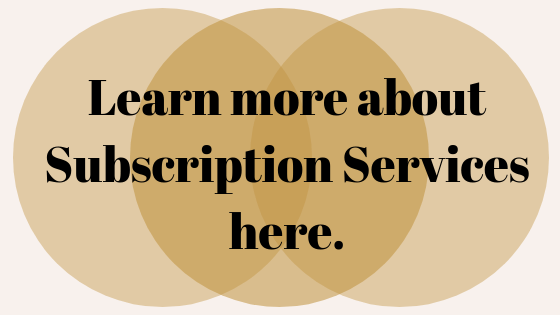Building Business Boundaries: Brick by Freakin Brick

To book a Skype or in-person coaching session, visit here for easy next steps.
Within working relationships, and even friendships, people will rarely carve a cozy parameter around our needs and desires, what makes us comfortable. Few people will dance closely to our borders and prohibit themselves from misstepping into proverbial forbidden territory. They rarely know what its borders are. This is up to you, up to us, to convey our boundaries to our peers.
The bare-naked truth is communication skills are nearly everyone’s Achilles heel these days. Day after day, I listen to friends and clients whose chief problems are people. But it’s not necessarily the individuals themselves, it’s how they’re communicating (or not). Texts, 140 character messages, online dating approvals, even emails – our chosen methods of communications are flat, one-dimensional and are causing PROBLEMS. People are under-communicating, meeting bare minimum requirements for full expression, and over-communicating, disseminating content all the time. Which leads me to one of our other major issues – our attention deficits.
Social contracts in business and interpersonally are so important to overall happiness. Don’t be afraid to “write” them. Know that it takes effort and presence though.
I called on my friend and new OTW contributor Kelly Krause, former Head of Publicity at SxSW and now Conference Programming Manager there, the largest conference in the world. Kelly is a speaker who is also booked around the world as well as a champion for women to speak honestly, live without judgment of themselves, and to seize the day. Following are a few of our suggestions for boundary setting within business:
- Brick 1: Listen thoughtfully (or read closely) to any requests made of you that appear above and beyond your scope of work before saying yes. We “yes” people, what messes we make! How many times can you think of a conversation that’s flowing nicely, an ask makes an appearance somewhere within it, you say yes of course, go on chatting, and not too long after the conversation the realization of the commitment you’ve made causes a flush in your cheeks? “Wait, what?! I can’t do that on top of my commitments. That’s someone else’s job.” Slow your listening, read carefully, and wait before responding and committing yourself to duties that surpass your role. Slow down in general; this is a life-saver in communications. (I cringe at the thought of you, angry, rash email I wish I could take back). This of course applies to your own asks, too. Kelly: I’ve made a commitment to ask for exactly what I want. I’ve spent too much time in my life soft-balling asks, doing tasks or working on projects out of guilt, and it doesn’t help anyone or further any kind of conversation. I’m bold and intentional with my asks. I don’t always get a YES or a response I love, but I do get to walk away with certainty.
- Brick 2: Be an expectation setter – Be forthcoming about what you’re currently focused on, what you can and cannot get to, and what your expected completion dates are. It’s really not that much extra work, but being in the dark regarding co-workers’ progress is one of the most frustrating aspects of a work place.
- Brick 3: Know the non-verbals – for instance, what you do and how you do it. This sets up a non-verbal expectation of how you like to interact and what your openness is.
- Brick 4: Set silent time – If you’re overworked and in communications seven days a week, establish your hours and when you will and won’t respond to work communiques. Make a commitment to yourself, verbalize it or put it in writing if absolutely necessary. I know – so many jobs these days seem to mandate we respond seven days a week. You’d be surprised how well superiors and even peers respond to articulate, calm declarations of quiet outside of work hours. Your work has a voice of its own, and can speak for you when it’s time to relax. Kelly: I don’t expect anyone to respond to me outside of work hours, unless we have a conversation about needing a response prior, or it really is time-sensitive. On that note, as much as I break this rule often, I try so hard to not work outside of work hours unless it’s a necessity. I could devote every hour of the day to work if I wanted — and I have — and it truly doesn’t get me further ahead mentally or physically.
- Brick 5: Kelly: Be you, always: Empathy, empathy, empathy. I’m a naturally empathic person, though, I’ve been in a lot of situations where the strong or least empathic person gets rewarded more so than the nice person. When I try to be anything other than empathic in the workplace it doesn’t sit well with me – it’s not true to me. This world is small, and we’re all humans with feelings, I strive to treat people with kindness and approach situations with empathy. May not be the fastest approach to moving ahead or up the ladder, but it sure as hell feels better.








